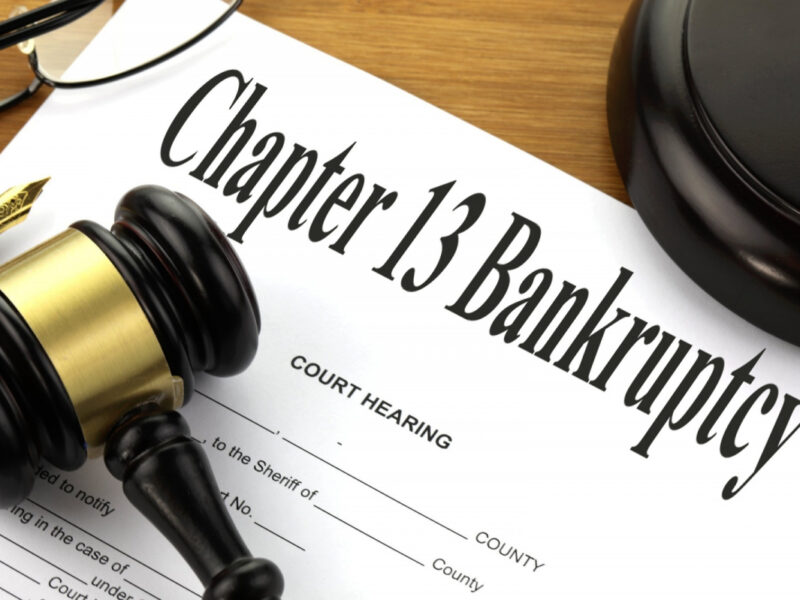It depends. Payroll or employment taxes are comprised of two parts which include the following:
1. The employer portion; and
2. The employee portion.
The employer portion of payroll taxes can be discharged if the following conditions are met:
1. More than three years between the date the 941 tax return was due and the date that the bankruptcy was filed has elapsed;
2. More than two years between the date the 941 tax return was filed and the date the bankruptcy cased was filed has expired; and
3. The employer did not willfully evade the payment of taxes.
The employer portion of the payroll tax is the tax which the employer owes directly to the IRS. These taxes include the employer’s obligation to match the employee’s 6.2% social security tax and the 1.45% medicare tax.
The employee or trust fund portion of payroll taxes is never dischargeable. The employee portion of the tax is referred to as a trust fund tax because the employer collects the employee paid portion of the payroll tax from the employee as a trustee for the IRS. These trust fund taxes are never dischargeable in a Chapter 7 bankruptcy.
And, in a Chapter 13 bankruptcy, the plan must provide for the full payment of all trust fund taxes in order for the plan to be confirmed.
Despite the foregoing, trust fund taxes will become uncollectible if the 10-year statute of limitations expires without the IRS filing a lawsuit, regardless of whether the tax payer files bankruptcy or not.
